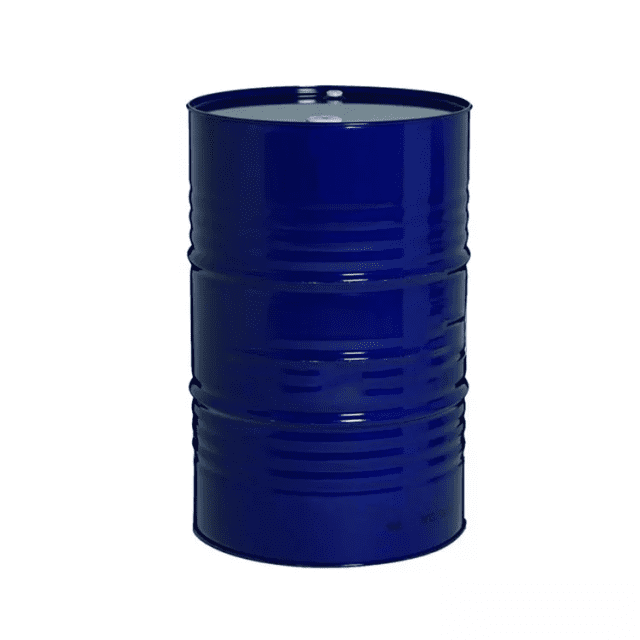Exploring Bismuth Octoate: Price, Uses, and Market Insights
Bismuth octoate, also known as bismuth dioctoate or bismuth 2-ethylhexanoate, is a chemical compound used in various applications across industries. This article delves into the price trends of bismuth octoate, its uses, and factors influencing its market dynamics.
Price Trends:
The price of bismuth octoate can vary depending on factors such as market demand, supply chain dynamics, and raw material costs. Like many specialty chemicals, its price may experience fluctuations over time due to changes in these factors. Additionally, geopolitical events, regulatory developments, and advancements in production technology can influence its market price.
As of [current date], the price of bismuth octoate ranges from [price range] per [unit], with variations based on geographical location, supplier, and purity level. It’s essential for buyers and manufacturers to stay updated on market trends and factors affecting prices to make informed purchasing decisions.

Uses:
Bismuth octoate finds diverse applications across industries, owing to its unique properties and chemical reactivity. Some of its key uses include:
Catalyst: Bismuth octoate serves as a catalyst in various chemical reactions, particularly in polyurethane and polyester resin formulations. It facilitates the polymerization process and enhances the curing of coatings, adhesives, and sealants.
Heat Stabilizer: In the plastics industry, bismuth octoate is utilized as a heat stabilizer for PVC (polyvinyl chloride) and other thermoplastics. It helps prevent thermal degradation during processing and extends the lifespan of plastic products.
Metal Soap: Bismuth octoate is a common component of metal soaps, which are additives used in lubricants, paints, and coatings. Metal soaps act as driers, thickeners, and anti-corrosion agents, improving the performance and durability of various products.
Pharmaceuticals: Bismuth octoate has applications in pharmaceutical formulations, particularly in dermatological medications and antiperspirants. It exhibits antimicrobial properties and is used in topical treatments for skin conditions.
Textile Processing: In the textile industry, bismuth octoate is employed as a catalyst and crosslinking agent in the production of flame-retardant fabrics and coatings.

